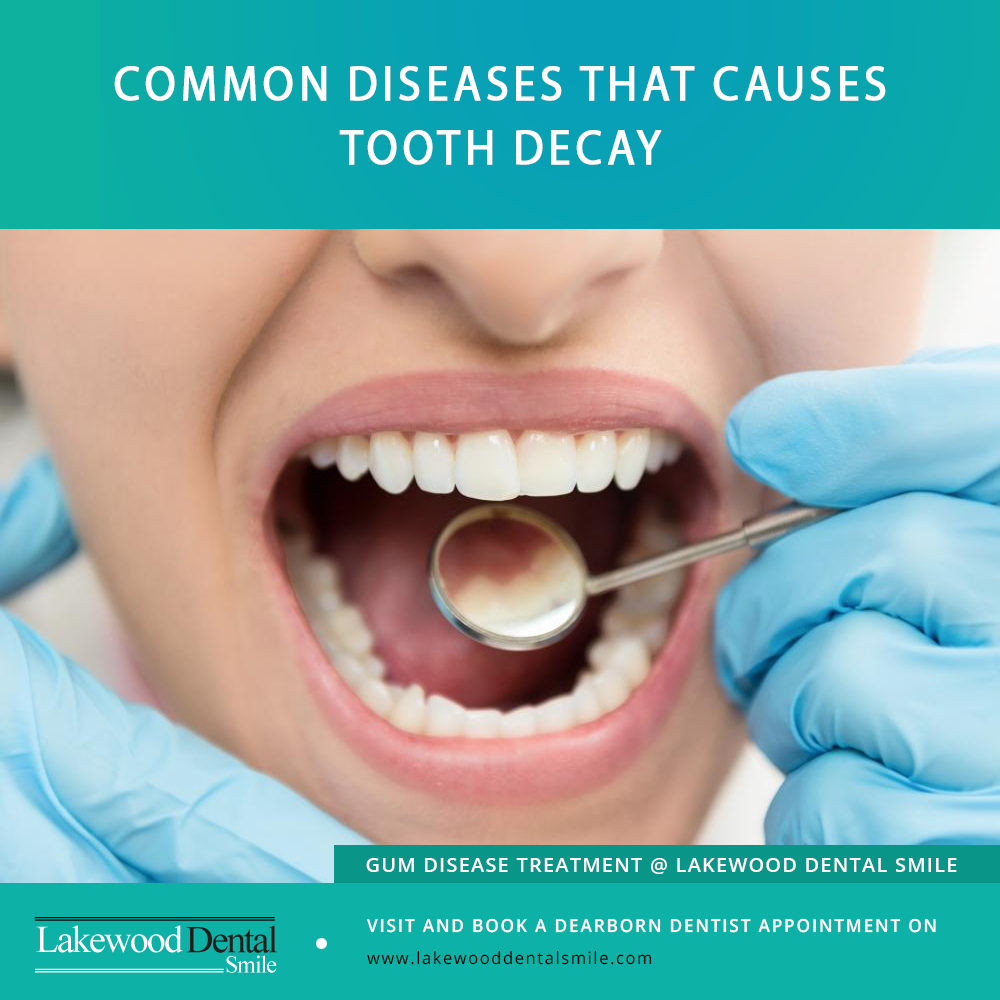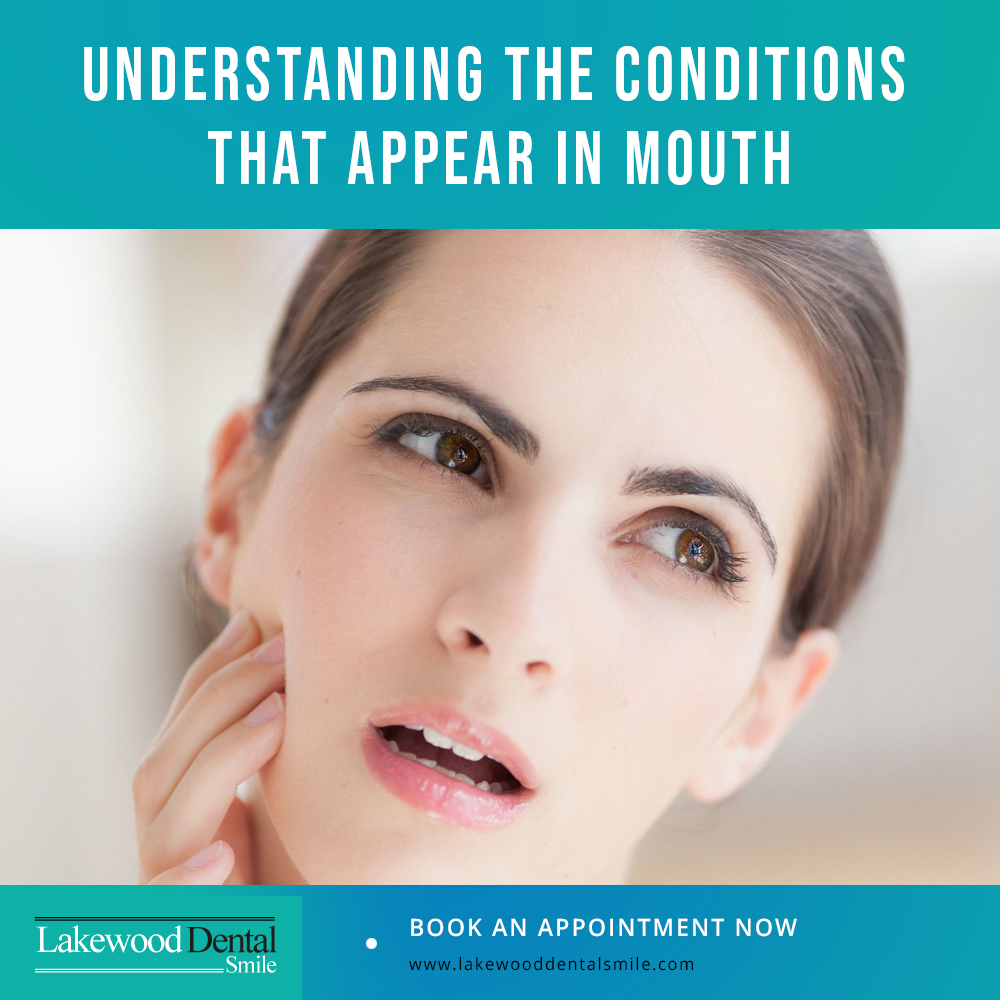
Bad breath, medically called halitosis, can occur because of poor dental routines and might be an indication of other health issues. Bad breath can likewise be aggravated by the sorts of food you eat and other unhealthy habits.
Bad breath can be a sign of some physical health issues. Bad breath or a sour taste in the mouth might be an indication of periodontal illness. Gum disease is created by the development of plaque on teeth. Microscopic organisms cause the development of poisons to frame, which disturb the gums. In that case, if the gum disease is not treated properly, it can harm the gums and jawbone.
The condition of dry mouth also called xerostomia, additionally can bring about bad breath. saliva is important to saturate the mouth, kill acids created by plaque, and wash away dead cells that gather on the tongue, gums, and cheeks. If not expelled, these cells deteriorate and can bring about bad breath.
Numerous different infections and diseases may bring about bad breath. Here are some to know about: respiratory tract contamination, for example, pneumonia or bronchitis, constant sinus diseases, postnasal drip, diabetes and liver or kidney issues.
Here are some ways to avoid bad breath.
Brush and floss
If you don’t brush and floss teeth every day, food particles can remain in your mouth, advancing bacterial development between teeth, around the gums, and on the tongue. This causes bad breath. Antibacterial mouth flushes additionally can diminish microorganisms. Likewise, smell creating microscopic organisms and food particles can bring about bad breath if dentures are not legitimately cleaned.
Plaque, the sticky development on your teeth, gathers microscopic organisms that cause bad breath. Brush your teeth no less than two times every day, and floss at regular intervals.
Rinse your mouth
Rinse your mouth with water or a anti-bacteria mouthwash, daily. Other than freshening your breath, a mouthwash includes additional assurance by disposing of microorganisms. In any case, make sure the mouthwash you pick kills the germs that cause bad breath. Wash everyday with a mouthwash and stop bad breath at its source. You can likewise help your breath by rinsing your mouth with plain water after you eat. It can dispose of food particles that get stuck in your teeth.
Rub your tongue
The coating that regularly deposited on your tongue can be a host for unwanted microbes. To dispose of them, delicately brush your tongue with your toothbrush or with a scrubber. They’re designed particularly to apply even weight over the surface of the tongue area. This evacuates microbes, food remaining, and dead cells that brushing alone can’t expel.
Avoid certain food
Onions and garlic are huge culprits when it comes to bad breath. The food items that cause bad smell can advance into your circulatory system and go to your lungs, where you inhale them out. The most ideal approach to stop the issue is to not eat them, if you are suffering from bad breath.
Avoid tobacco
Other than causing multiple diseases, smoking can harm your gums, recolor your teeth, and give you bad breath. Not just cigarettes, but any tobacco product may cause you bad breath.
Keep your gums healthy
Gum disease causes bad breath. Microorganisms accumulate in pockets at the base of teeth, which makes a bad smell. If you are suffering from gum disease, your dental specialist may recommend you to see a periodontist, who is the person to treat the gum disease first and then the dental specialist can cure bad breath.
Mouth Moisture
You can get tooth rot and bad breath if you don’t make enough saliva. If your mouth is dry drink a lot of water to keep your mouth moist and to avoid bad breath.
Visit a specialist
In case your bad breath develops regardless of your attempts to control it, make a appointment with your dental specialist. The dental practitioner may be able to pinpoint the exact cause of the bad breath and help you get rid of it with the right medication.





